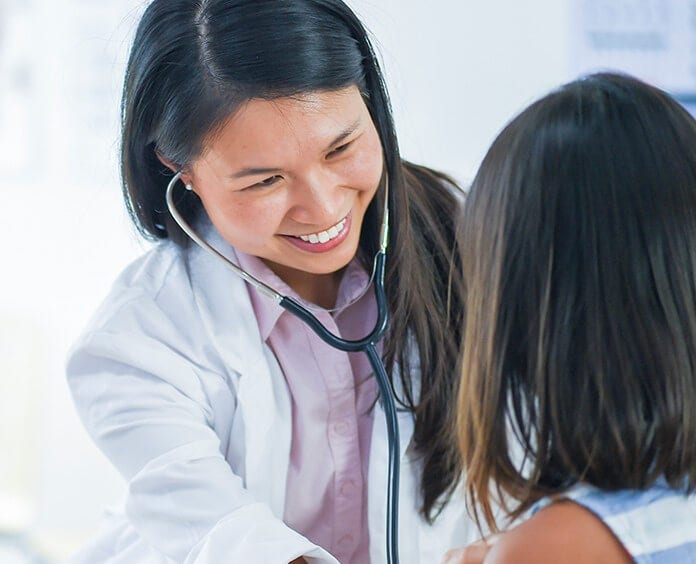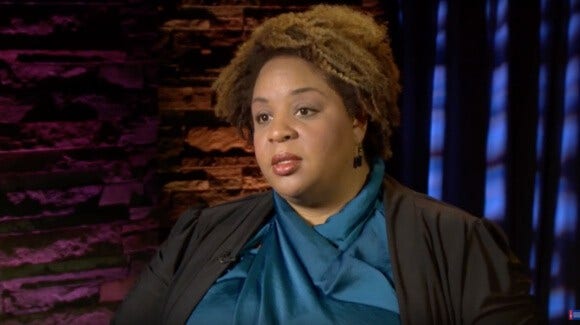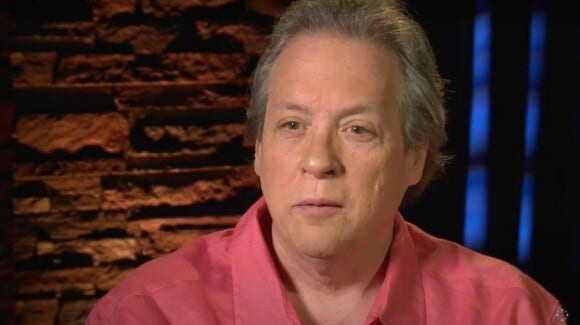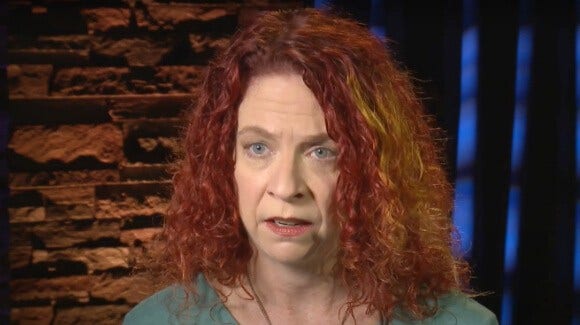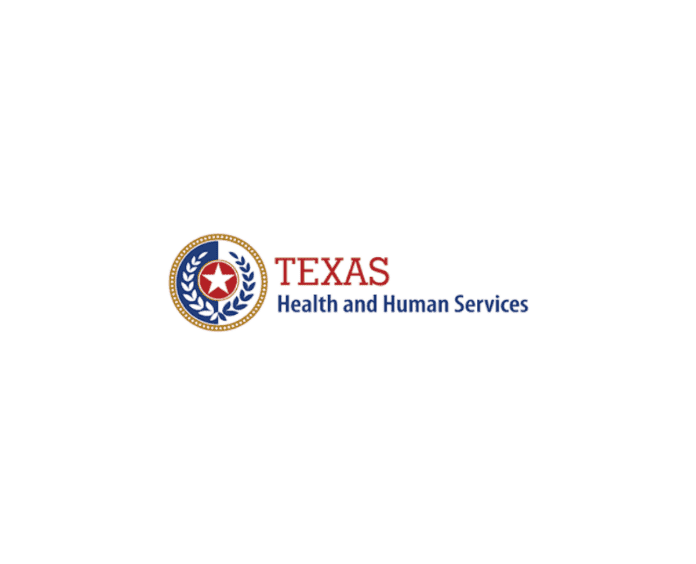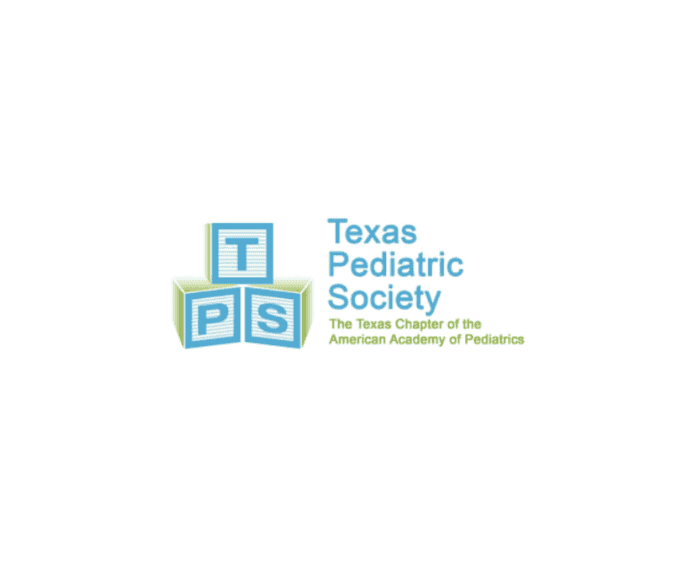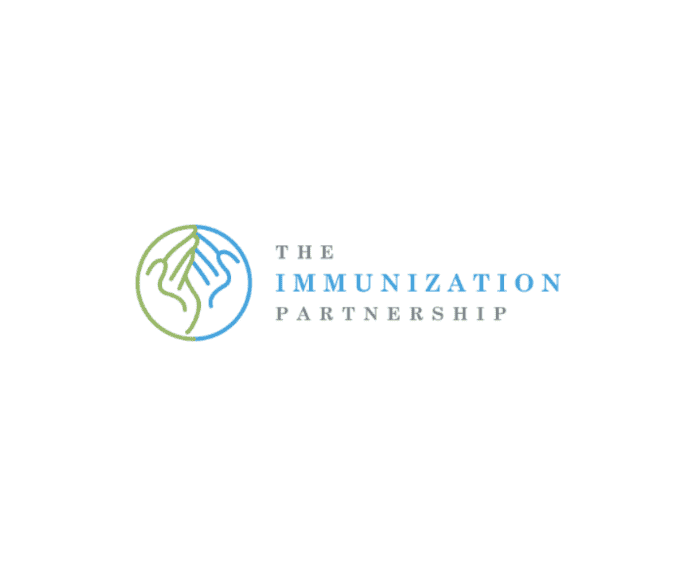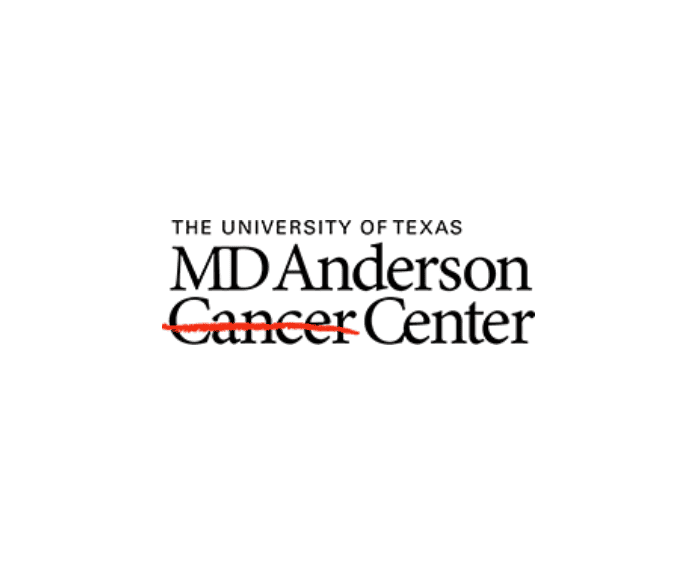HPV Vaccination Is Cancer Prevention In Texas.

HPV, or Human Papillomavirus, is a common virus that can cause 6 types of cancer. While there is no treatment for HPV, there is a vaccine that can prevent it.
If your son or daughter is between ages 9 and 12, talk to their doctor about the HPV vaccine. The vaccine is safe, effective, and long-lasting.
HPV vaccination is cancer prevention. Vaccinating your child starting at age 9 and completing the series no later than age 12 can help keep them healthy well into adulthood and is the best way to prevent HPV cancers later in life.
What you need to know
Where to get the HPV vaccine & how to pay for it
Parents can ask for the HPV vaccine at their child’s next doctor’s appointment or call 2-1-1 Texas to find a health care provider. Insurance plans will probably cover the HPV vaccine cost if it is given according to national guidelines but check with your insurance plan to be sure.
The HPV vaccine is available to all uninsured or underinsured boys and girls between the ages of 9 and 18 through the Texas Vaccines for Children (TVFC) program.
This program covers vaccine costs for children and teens who don’t have insurance. The TVFC program provides free vaccines to children and teens younger than 19 years of age, who are either Medicaid-eligible, American Indian or Alaska Native, or uninsured.

Talk to your child's doctor
Call your child’s doctor to schedule an appointment or request the HPV vaccine at your child’s well visit.
Getting vaccinated against HPV now is the best way to prevent HPV cancers later in life. Now is the time to catch up on missed vaccinations.

Texas’ vaccination rate is surprisingly low.
In 2021, Texas ranked dropped to 48th out of 50 states and the District of Columbia for HPV vaccination rates among children 13 to 17. This was one of the largest setbacks seen anywhere in the nation, and Texas now lags the national average by more than 10%.
The state was making progress, but more recent data is showing increased challenges. Between 2020 and 2021, Texas teens completing the series dropped from 54.9% to 51.5%, a decrease of 3.4 percentage points. COVID-19 may have introduced new challenges with vaccine hesitancy to the state that are just starting to be reflected in the vaccination rates. Rural areas in Texas continue to lag behind urban areas for vaccination, and that gap is widening.
Now is the time to catch up on missed doses of the HPV vaccine to prevent future cancers.
Source: HPV Landscape Dashboard - ACS HPV Vaccination Project | Tableau Public
HPV & Me
Watch stories of how HPV cancers have impacted people’s lives.
Tamika Felder was diagnosed with cervical cancer at the age of 25. Now, as a cancer survivor, she shares her story to help educate others.
With heavy radiation and chemotherapy, and a supportive family and doctor, Scott Vetter shares his journey on becoming HPV cancer-free of head and neck cancer.
Diagnosed at 31 years old, Christine Baze recalls her story in becoming a cervical cancer survivor.
Project Partners
HPV cancer cannot be conquered alone. The Texas HPV Coalition is a group of dedicated health care professionals collaborating to stimulate work on key issues around HPV vaccination.



